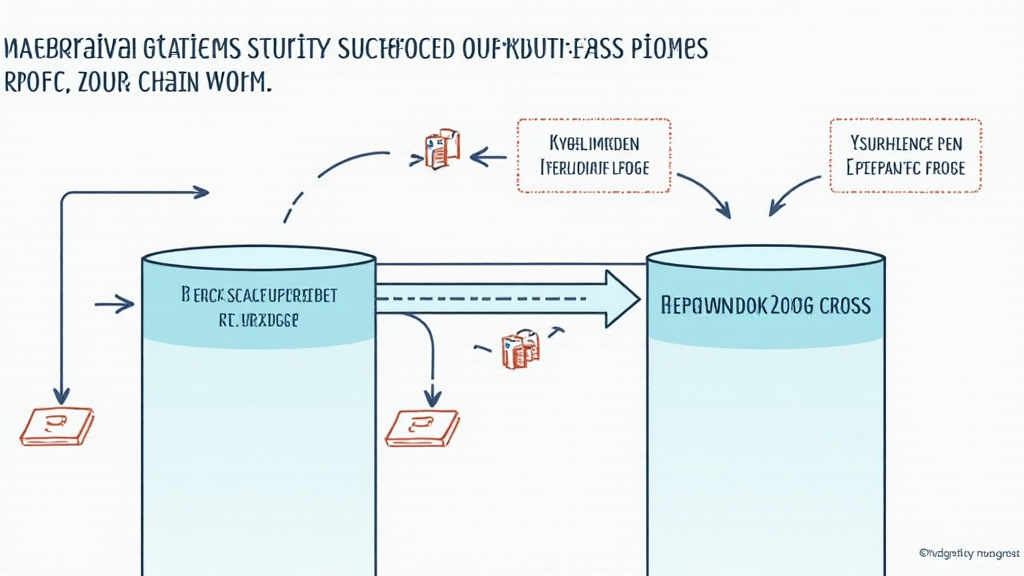Understanding the Risks: What the 2025 Chainalysis Data Reveals
Based on 2025 findings from Chainalysis, a staggering 73% of cross-chain bridges exhibit vulnerabilities. These bridges are essential for moving assets between different networks, similar to how a currency exchange helps travelers convert their money. The implications of these vulnerabilities could affect millions of transactions daily, raising the question of how secure your assets really are during these transfers.
How Do Cross-Chain Bridges Function?
Think of cross-chain bridges as a currency conversion kiosk in a bustling market. Just as you exchange your dollars for euros, these bridges allow assets to hop from one blockchain to another. Despite their functionality, many lack the rigorous security protocols needed to prevent potential breaches. By 2025, these mechanics must evolve to ensure reliability in multi-chain transactions.
The Role of Zero-Knowledge Proofs in Enhancing Security
Zero-knowledge proofs (ZKP) serve as a leading candidate for tightening security measures on cross-chain bridges. Imagine a scenario where you want to buy groceries but don’t need to reveal your bank details; ZKP lets you prove you have the necessary funds without disclosing sensitive information. This technology could revolutionize transaction privacy and security, ensuring that only necessary information is shared across networks, thus minimizing vulnerability.

2025 Recommendations for Safer Transactions
As we move towards 2025, several best practices can mitigate the risks associated with cross-chain transactions. Utilize hardware wallets like the Ledger Nano X, which can reduce the risk of private key exposure by up to 70%. Additionally, always consult local regulatory guidance before transacting. For instance, understanding the evolving DeFi regulations in Singapore is crucial for compliance.
Conclusion and Next Steps
With cross-chain bridges becoming increasingly instrumental in the crypto ecosystem, understanding their risks is imperative. Implementing robust security measures like zero-knowledge proofs, using hardware wallets, and staying informed with regulations can protect your digital assets. For further insights, download our comprehensive toolkit and stay updated with the latest HIBT featured listing event news.


